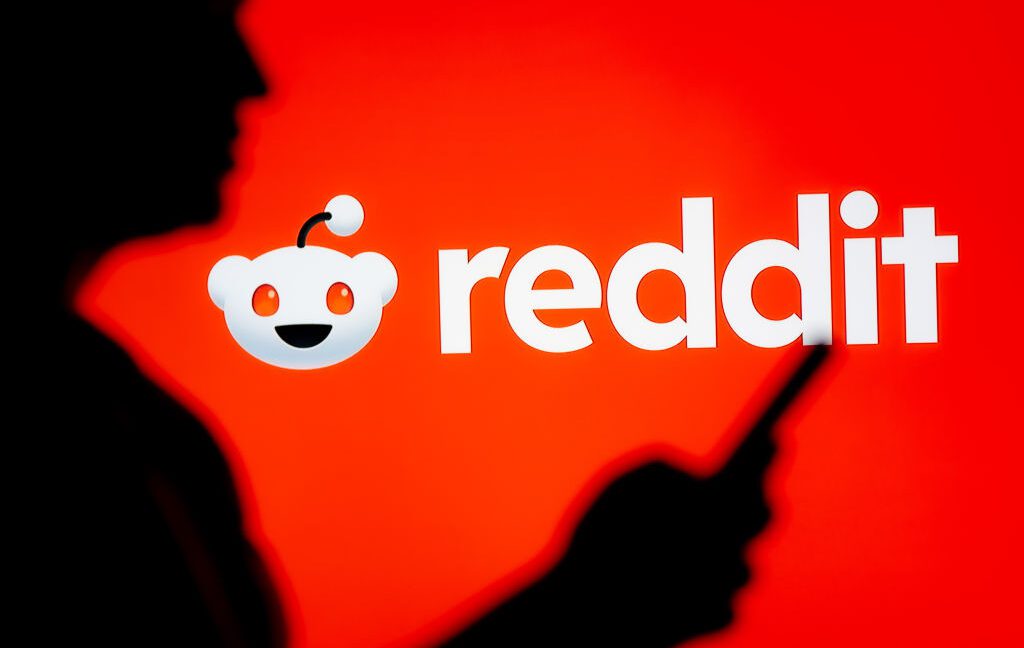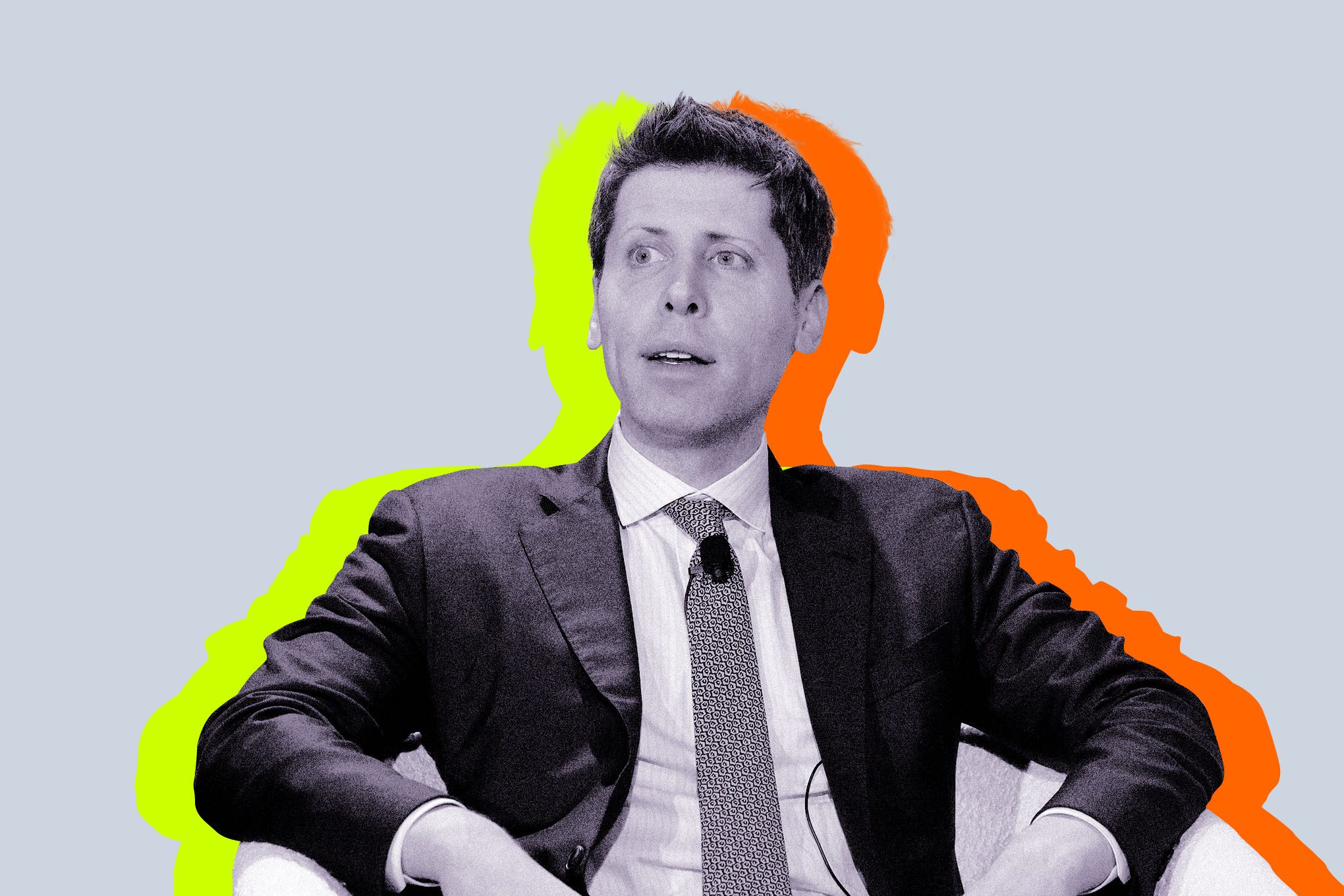
chatgpt may soon require id verification from OpenAI has announced significant changes to its ChatGPT platform, indicating that users may soon need to verify their age to access the full capabilities of the AI chatbot.
chatgpt may soon require id verification from
Introduction of Age-Prediction System
On Tuesday, OpenAI revealed plans to implement an automated age-prediction system designed to assess whether users of ChatGPT are over or under the age of 18. This initiative aims to enhance user safety by directing younger users to a restricted version of the AI chatbot, thereby limiting their exposure to potentially inappropriate content. The company emphasized that this measure is part of a broader commitment to ensuring the safety of younger audiences while navigating the complex landscape of privacy and user rights.
Parental Controls Launch
In conjunction with the age-prediction system, OpenAI confirmed that it will introduce parental controls by the end of September. These controls are intended to provide parents with the tools necessary to monitor and manage their children’s interactions with the AI. By implementing these features, OpenAI aims to create a safer environment for younger users while still allowing adults to engage with the platform freely.
CEO’s Perspective on Safety and Privacy
OpenAI CEO Sam Altman addressed the rationale behind these changes in a blog post accompanying the announcement. He stated that the company is “prioritizing safety ahead of privacy and freedom for teens,” a decision that reflects the growing concerns around the impact of AI technologies on younger audiences. Altman acknowledged that this approach may necessitate adults verifying their age to access a more unrestricted version of the service, which raises questions about privacy and user consent.
Privacy Compromises for Adults
Altman explicitly noted that in certain cases or countries, OpenAI may require users to present an ID for age verification. He recognized that this requirement represents a compromise on privacy for adult users, stating, “We know this is a privacy compromise for adults but believe it is a worthy tradeoff.” This acknowledgment highlights the delicate balance that technology companies must strike between ensuring user safety and respecting individual privacy rights.
Stakeholder Reactions
The announcement has elicited a range of reactions from stakeholders, including parents, educators, and privacy advocates. Many parents have expressed support for the initiative, viewing it as a necessary step to protect children from potential online harms. Educators have also welcomed the move, emphasizing the importance of creating safe digital spaces for students to explore and learn.
Concerns from Privacy Advocates
Conversely, privacy advocates have raised concerns about the implications of requiring ID verification for adults. They argue that such measures could lead to a slippery slope where user privacy is increasingly compromised in the name of safety. Critics have pointed out that the collection and storage of personal identification data could expose users to risks, including data breaches and misuse of information.
Implications for User Experience
The introduction of an age-prediction system and ID verification could significantly alter the user experience on the ChatGPT platform. For younger users, the restricted version of the chatbot may limit access to certain features and content, potentially impacting their ability to engage with the AI in a meaningful way. On the other hand, adult users may face additional hurdles when attempting to access the full capabilities of the service, which could lead to frustration and dissatisfaction.
Potential Impact on User Engagement
As OpenAI navigates these changes, it will be crucial for the company to communicate effectively with its user base. Transparency about the reasons for these measures and how they will be implemented will be essential in maintaining user trust. If users feel that their privacy is being compromised without sufficient justification, it could lead to decreased engagement with the platform.
Broader Context of AI Safety and Regulation
The move to implement age verification and parental controls comes at a time when the broader tech industry is grappling with issues related to AI safety and regulation. Governments and regulatory bodies worldwide are increasingly scrutinizing the impact of AI technologies on society, particularly concerning the protection of vulnerable populations, such as children. OpenAI’s proactive approach to age verification may serve as a model for other companies in the industry as they seek to address similar concerns.
Legislative Developments
In recent months, several countries have introduced or proposed legislation aimed at regulating AI technologies and ensuring user safety. These legislative efforts often focus on the responsibilities of tech companies to protect users from harmful content and ensure that their platforms are safe for all age groups. OpenAI’s decision to implement an age-prediction system aligns with these regulatory trends and may position the company favorably in the eyes of lawmakers and regulators.
Future Considerations for OpenAI
As OpenAI moves forward with these changes, several considerations will be critical for the company’s success. First, the effectiveness of the age-prediction system will need to be evaluated continuously to ensure that it accurately identifies users’ ages without infringing on privacy rights. Additionally, OpenAI will need to establish robust data protection measures to safeguard any personal information collected during the verification process.
Engaging with the Community
OpenAI should also consider engaging with its user community to gather feedback on the new measures. By fostering open dialogue with users, the company can better understand their concerns and preferences, which may help refine the implementation of age verification and parental controls. This engagement could also enhance user trust and loyalty, as users feel their voices are heard and valued.
Conclusion
The announcement of an automated age-prediction system and the introduction of parental controls by OpenAI marks a significant shift in how the company approaches user safety, particularly for younger audiences. While the initiative has garnered support from many stakeholders, it also raises important questions about privacy and user rights. As OpenAI navigates these complexities, the company’s ability to balance safety and privacy will be crucial in shaping the future of ChatGPT and its role in the broader AI landscape.
Source: Original report
Was this helpful?
Last Modified: September 17, 2025 at 2:36 am
0 views















